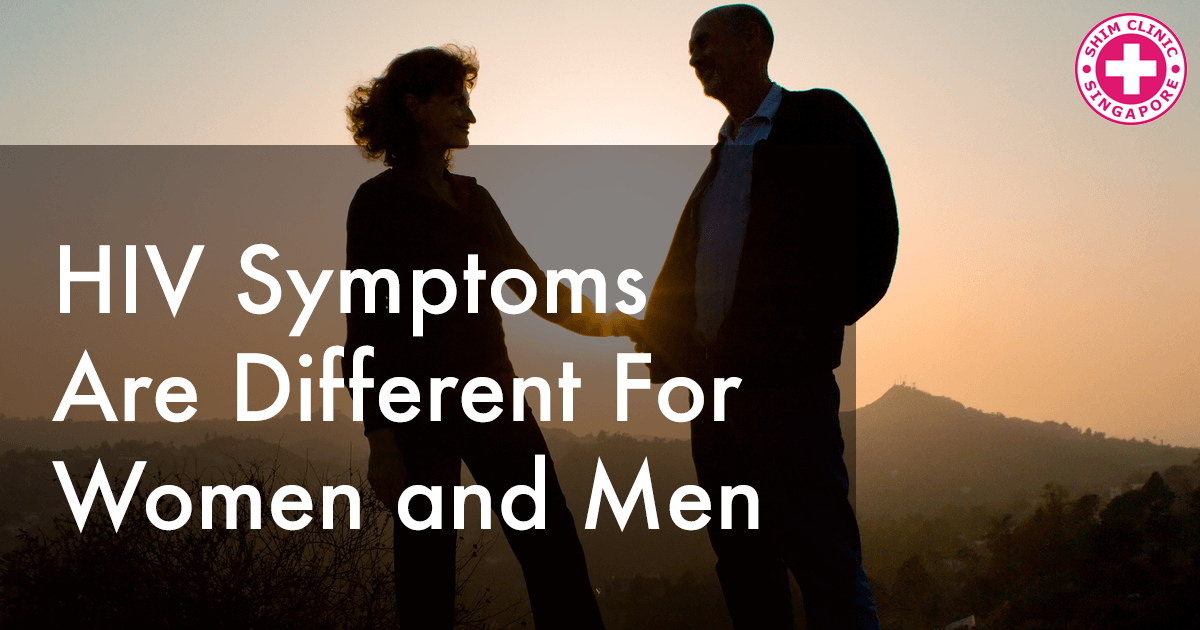There is a lot of data and information recorded regarding HIV. However, this information is universal and does not take into account the different changes experienced by infected men and women. Studies have shown that frequent HIV testing can lead to early diagnosis and treatment which helps to live a normal and healthy life.
But, women, are not aware of how HIV symptoms affect their reproductive organs, menstrual cycles and other women-specific symptoms related to HIV as very limited information is available. As stated by the Illinois Department of Public Health, 2 out of 3 new cases of HIV in women are as a result of having unprotected sex with an infected partner. According to global HIV statistics in 2014, women are believed to take up a quarter of the estimated 20,792 AIDS reported cases. In the US they make up one-fifth of the estimated 1,210,835 AIDS cases recorded.
HIV symptoms definitely vary from case to case, but there are common patterns HIV infections follow in every individual. Because men and women have hormonal variations and gender-specific anatomy, HIV will present different symptoms as related to their specific reproductive health. For HIV positive women, they will experience weight loss, increased stress and hormonal changes. This then leads to period irregularities. Some will have lighter and missed period, while others will have frequent and heavy periods. Some women actually lose their period completely. Women with HIV will often experience worse premenstrual symptoms and menopause due to hormonal havoc.
More Prone to STDs
Other health challenges that women with HIV face include increased yeast and bacterial infections. Due to a weak immune system, HIV positive women are also more prone to get STDs such as , gonorrhea, herpes simplex virus, trichomoniasis, chlamydia and the human papillomavirus (HPV). This increase STD risk also makes HIV positive women more susceptible to cervical and rectal cancers.
According to Dr. David Diaz, a reproductive endocrinologist in California, the good news is that being HIV positive will not disrupt the woman’s ability to reproduce even when they have all these symptoms. Their reproductive functionality will only be affected if they had a pre-existing ovulatory or menstrual irregularity. Dr Diaz says that this is because the woman’s normal ovulation will not be affected and therefore she can get pregnant regardless of her HIV status. However, it’s important to remember that if she’s HIV positive, there’s increased risk of passing the virus to her unborn baby.
Effects of a Weakened Immune System
The doctor adds that a woman who is experiencing HIV advanced stages the AIDS-related immune deficiency will likely cause her blood cells to change. Other side effects in HIV positive women caused by the weakened immune system include fever, respiratory problems and skin manifestations. This means that such women require regular observation. They should also avoid any high-risk behaviour in order to decrease their exposure to HIV infection.
She advises healthcare workers especially those working at an STD clinic to caution women against having unprotected sex. They should also explain to women patients that taking the birth control pill only will not protect them against the HIV virus.
It’s important that health care givers treat HIV patients according to their gender, putting into consideration that the STD affects them differently. This means that HIV positive men and women will require different care.


Pingback: HIV Symptoms Are Different for Women And Men | ...